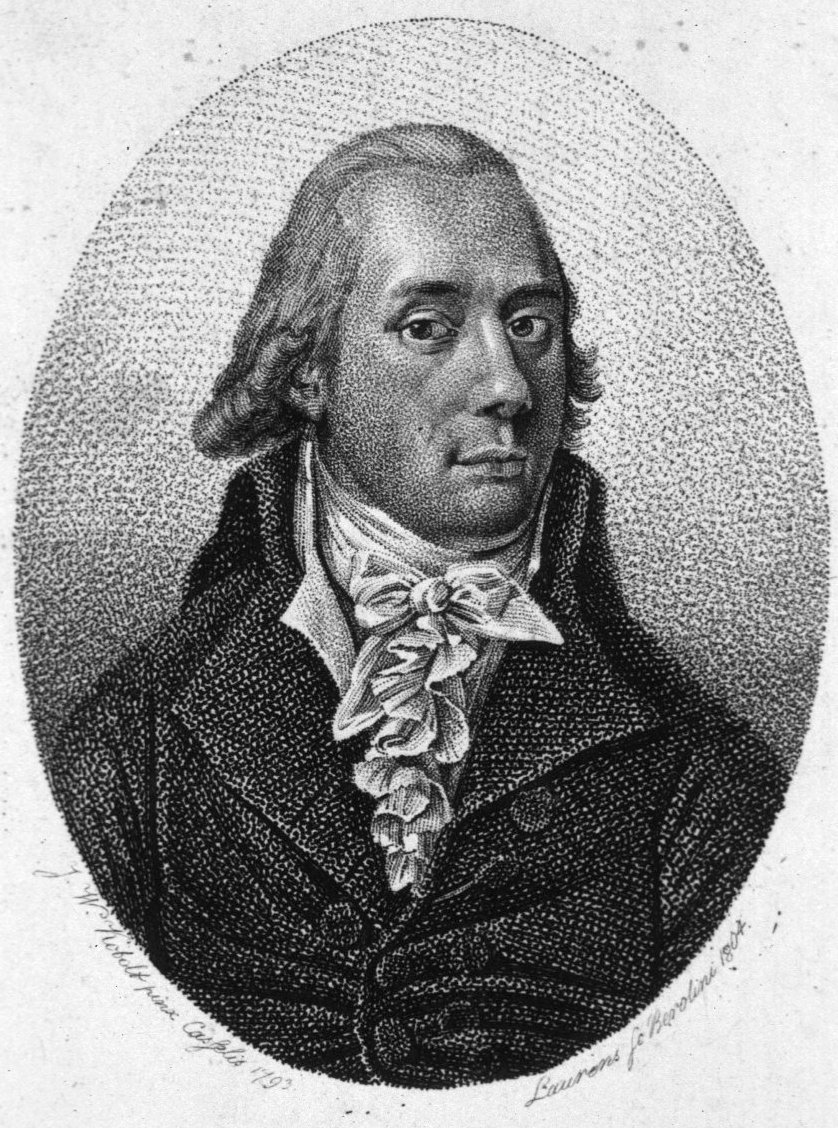|
Virginia Vitzthum
Virginia J. Vitzthum is an American anthropologist and Professor in the Department of Anthropology at Indiana University, where she is also a senior scientist at the Kinsey Institute. She is also the director of the Kinsey Institute's Evolutionary Anthropology (EVA) Laboratory and the co-director of their Human Biology Laboratory. Her research focuses on women's reproductive health in different cultures around the world. She originally joined the faculty of Indiana University in 2008, and was elected a fellow of the American Association for the Advancement of Science in 2011. In 2017, she was awarded a Fulbright Program fellowship at the University of Iceland The University of Iceland ( is, Háskóli Íslands ) is a public research university in Reykjavík, Iceland and the country's oldest and largest institution of higher education. Founded in 1911, it has grown steadily from a small civil servants' s .... References External linksFaculty page Living people American women ... [...More Info...] [...Related Items...] OR: [Wikipedia] [Google] [Baidu] |
Physical Anthropology
Biological anthropology, also known as physical anthropology, is a scientific discipline concerned with the biological and behavioral aspects of human beings, their extinct Hominini, hominin ancestors, and related non-human primates, particularly from an evolutionary perspective. This subfield of anthropology systematically studies Homo sapiens, human beings from a biological perspective. Branches As a subfield of anthropology, biological anthropology itself is further divided into several branches. All branches are united in their common orientation and/or application of evolutionary theory to understanding human biology and behavior. * Bioarchaeology is the study of past human cultures through examination of human remains recovered in an archaeology, archaeological context. The examined human remains usually are limited to bones but may include preserved soft tissue. Researchers in bioarchaeology combine the skill sets of human osteology, paleopathology, and archaeology, and ... [...More Info...] [...Related Items...] OR: [Wikipedia] [Google] [Baidu] |
Living People
Related categories * :Year of birth missing (living people) / :Year of birth unknown * :Date of birth missing (living people) / :Date of birth unknown * :Place of birth missing (living people) / :Place of birth unknown * :Year of death missing / :Year of death unknown * :Date of death missing / :Date of death unknown * :Place of death missing / :Place of death unknown * :Missing middle or first names See also * :Dead people * :Template:L, which generates this category or death years, and birth year and sort keys. : {{DEFAULTSORT:Living people 21st-century people People by status ... [...More Info...] [...Related Items...] OR: [Wikipedia] [Google] [Baidu] |
Year Of Birth Missing (living People)
A year or annus is the orbital period of a planetary body, for example, the Earth, moving in its orbit around the Sun. Due to the Earth's axial tilt, the course of a year sees the passing of the seasons, marked by change in weather, the hours of daylight, and, consequently, vegetation and soil fertility. In temperate and subpolar regions around the planet, four seasons are generally recognized: spring, summer, autumn and winter. In tropical and subtropical regions, several geographical sectors do not present defined seasons; but in the seasonal tropics, the annual wet and dry seasons are recognized and tracked. A calendar year is an approximation of the number of days of the Earth's orbital period, as counted in a given calendar. The Gregorian calendar, or modern calendar, presents its calendar year to be either a common year of 365 days or a leap year of 366 days, as do the Julian calendars. For the Gregorian calendar, the average length of the calendar year (the ... [...More Info...] [...Related Items...] OR: [Wikipedia] [Google] [Baidu] |
Fellows Of The American Association For The Advancement Of Science
Fellowship of the American Association for the Advancement of Science (FAAAS) is an honor accorded by the American Association for the Advancement of Science (AAAS) to distinguished persons who are members of the Association. Fellows are elected annually by the AAAS Council for "efforts on behalf of the advancement of science or its applications hichare scientifically or socially distinguished". Examples of areas in which nominees may have made significant contributions are research; teaching; technology; services to professional societies; administration in academe, industry, and government; and communicating and interpreting science to the public. The association has awarded fellowships since 1874. AAAS publishes annual update of active Fellows list, which also provides email address to verify status of non-active Fellows. See also :Fellows of the American Association for the Advancement of Science for more examples. AAAS Fellows AAAS Fellows include Nobel Prize winners ... [...More Info...] [...Related Items...] OR: [Wikipedia] [Google] [Baidu] |

